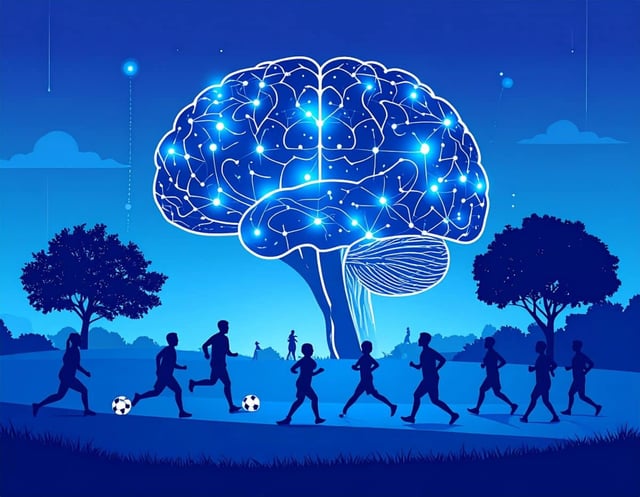Overview
- A University of Georgia study finds that social dynamics, instructor approach and environmental setting significantly shape the impact of physical activity on depression and anxiety.
- Leisure-time exercises such as running, yoga and team sports show more consistent mood improvements than obligatory or work-related activities.
- Most existing randomized controlled trials report small mental health gains and are hindered by short durations, small sample sizes and homogeneous participants.
- The traditional emphasis on exercise ‘dose’—measured by duration and calories burned—overlooks critical qualitative factors influencing well-being.
- Scientists are calling for larger, longer term and more diverse controlled studies to establish causal links between exercise context and psychological outcomes.


